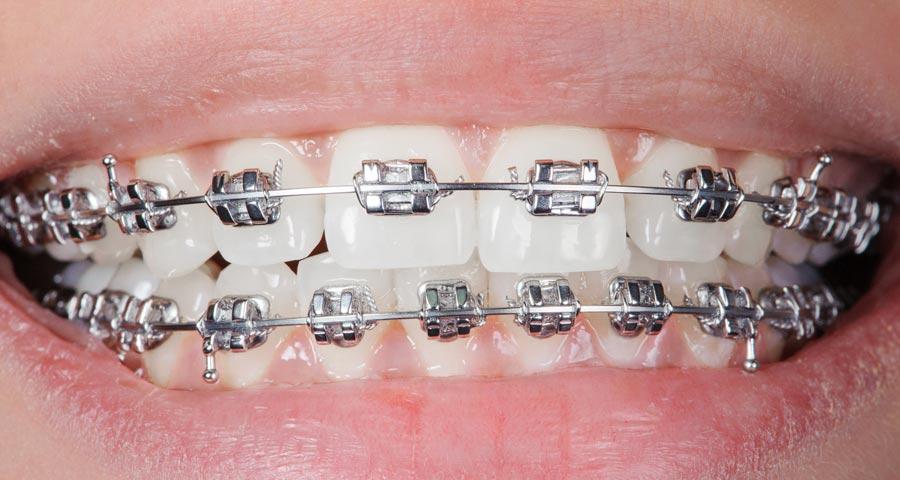Will Dr. Oz’s Appointment Lead to Medicare Overhaul. What You Need to Know
As the nation navigates the choppy waters of healthcare reform, a notable appointment onto the healthcare stage has set tongues wagging and opinions swirling. Dr. Mehmet Oz, a well-known figure in medicine and media alike, has recently taken on a significant role that many believe could alter the landscape of Medicare as we know it. … Read more


